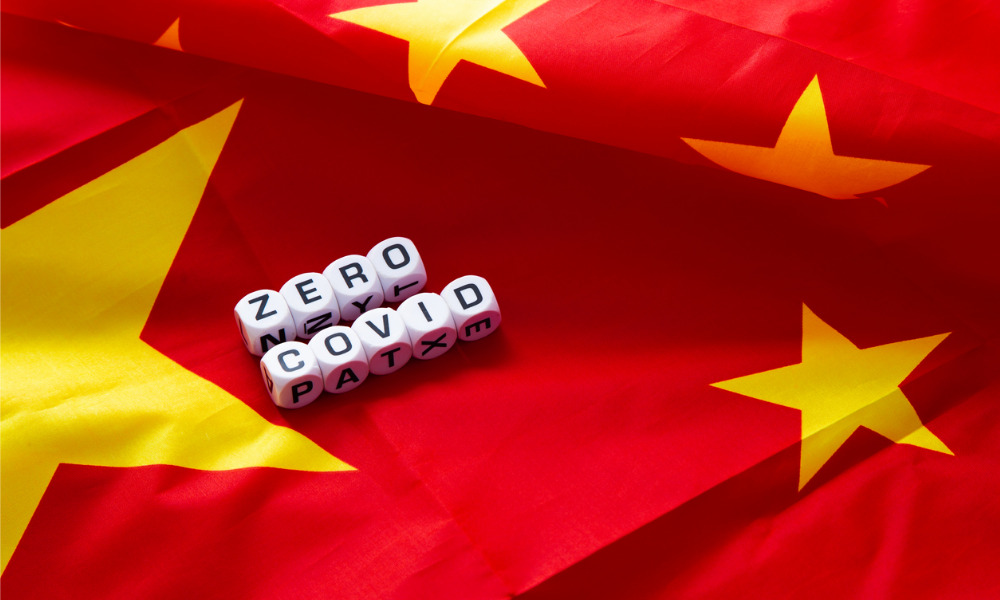Fund managers face spike in investor redemptions from wealth management products

China's US$4.1-tn market for wealth management products (WMPs) is in a state of upheaval as a result of Beijing's retreat from its zero-Covid policy, forcing some fund managers to suspend withdrawals or liquidate their holdings to keep up with a spike in investor redemptions.
Banks and real estate developers frequently offer WMPs to retail investors in the country as investment products.
Public records show that since the government first indicated on November 11 that it might loosen its tight approach to Covid-19, half of the nation's 31,000 outstanding fixed-income WMPs have recorded a value drop, reported the Financial Times.
Financial data provider Wind reported that 1,837 fixed-income WMPs, a significant source of funding for China's bond market, were trading below par value as of December 12, up from 256 at the beginning of November.
As Chinese markets declined due to Beijing's pandemic lockdowns and a protracted property crisis, investors seeking consistent returns flocked into relatively conservative bond-focused WMPs.
Between July and October, the CSI 300 index of stocks listed in Shanghai and Shenzhen decreased by more than 20%.
With the new policies expected to increase corporate profits, share prices, and the economy, the announcement made on November 11 swung these trends in the other direction.
The "economic outlook brightened significantly" in response, according to Jeffrey Zhang, an asset management executive based in Shanghai.
Share traders' optimism has been boosted further by the government's decision to abandon zero-Covid controls, which was revealed on December 7.
As of December 12, the yield on one-year Chinese Treasuries, which increases when the price of the underlying bonds declines, was 2.3% as opposed to 1.7% at the beginning of November.
The greatest amount of bond issue by Chinese corporations since September 2021 was cancelled in November as a result of rising yields, totaling Rmb131 billion.
“The panic selling could carry on for a while as a negative feedback loop has been formed,” Huang Da – a bond fund manager based in Hangzhou, the capital of eastern Zhejiang province – told the Times. “The WMP redemption drive will get worse before getting better.”
Citing a top Chinese bank executive, the Times said several banks, particularly smaller local lenders, have also started selling off their WMP assets to earn money for legally required relief measures intended to bolster the real estate market.
The Chinese central bank reduced its one-year medium-term loan facility to Rmb850 billion on November 15, reduced from Rmb1 trillion in October, adding to the strains already present on the bond market.
Since then, the PBoC has adopted a different strategy, bringing new liquidity into the market on November 17. It then added Rmb650 billion to its lending facility on Thursday, surpassing the Rmb500 billion that was slated in December, a move that was widely regarded as strengthening the bond market.



